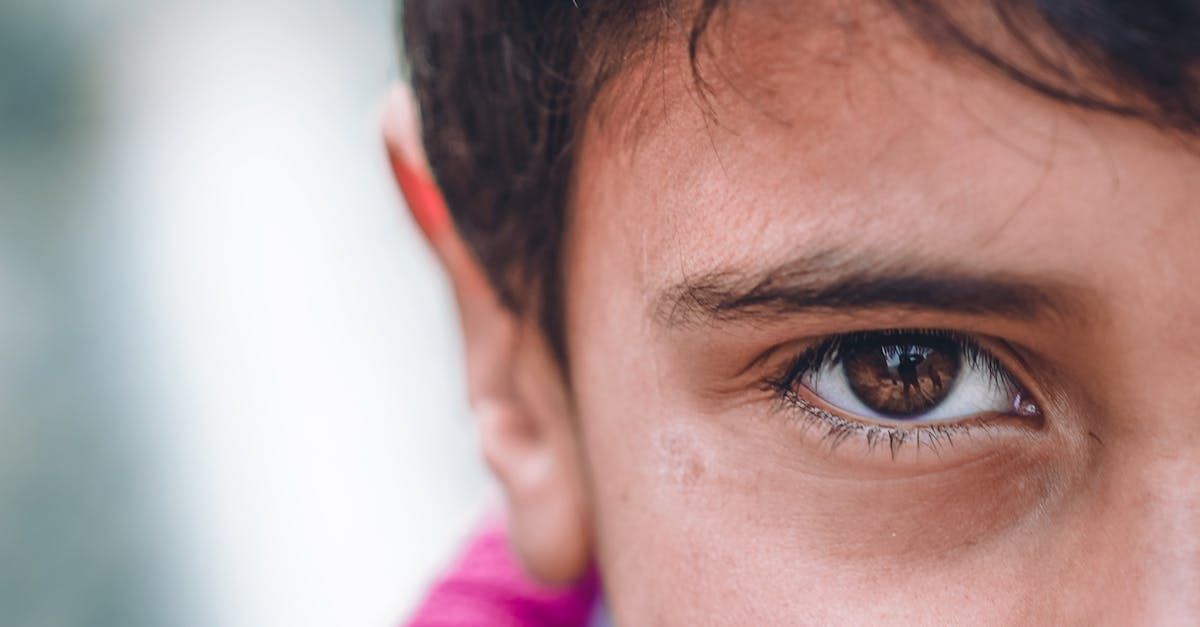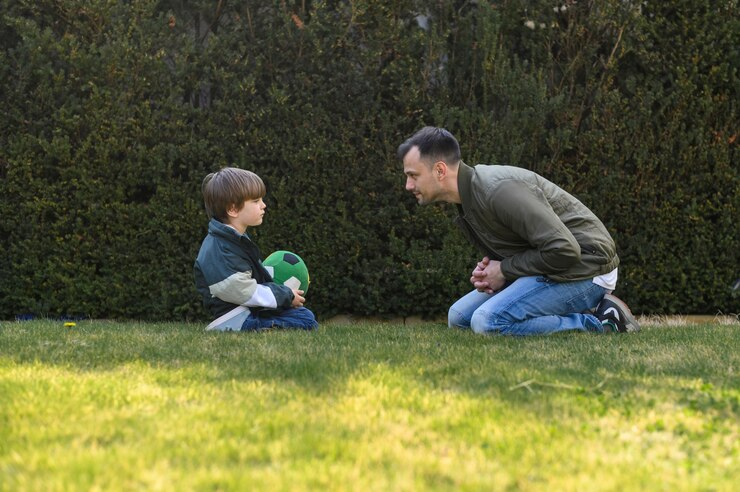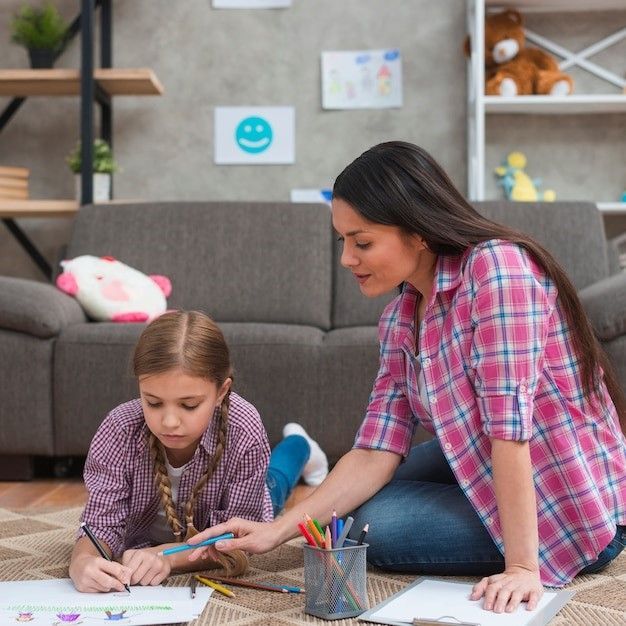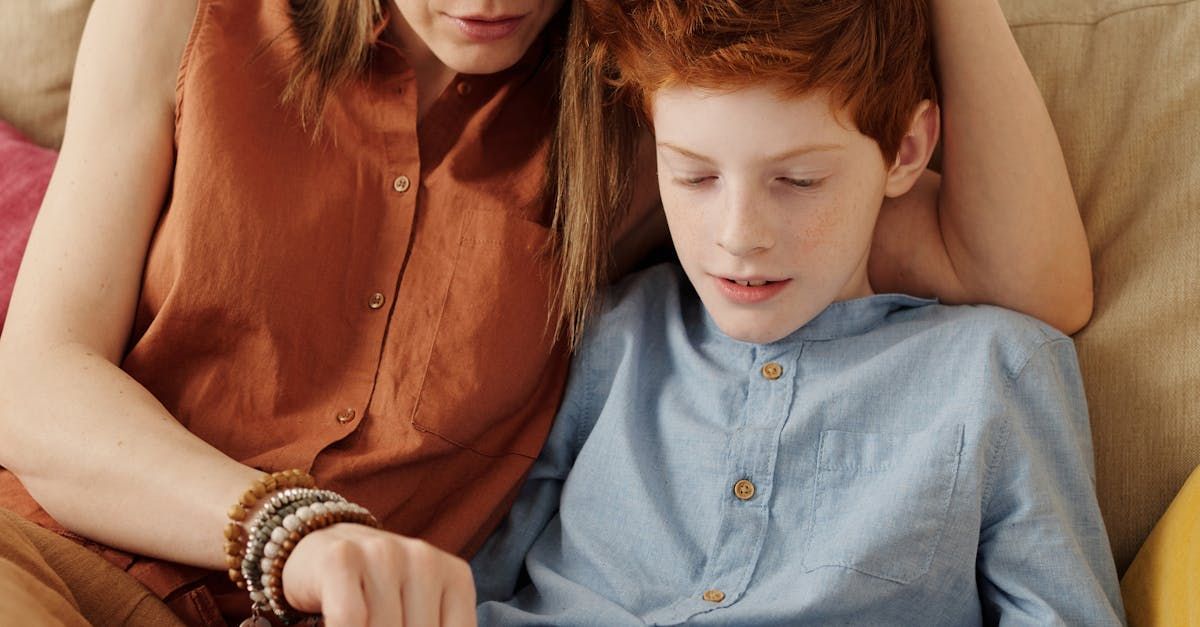Mistakes to Avoid When Disciplining a Highly Sensitive Child
Disciplining children, especially those who are highly sensitive, requires a thoughtful approach to ensure their emotional well-being is nurtured while fostering positive behavior. At Sweet Spot Parent Coaching, I understand the challenges parents face in this delicate balance. Today, let's explore some common mistakes to avoid when disciplining a highly sensitive child, drawing insights that resonate with both parents and caregivers.
Understanding Highly Sensitive Children
Highly sensitive children possess a heightened awareness of their surroundings and emotions. They may react more strongly to stimuli such as loud noises, bright lights, or changes in routine. This sensitivity is not a flaw but rather a characteristic that requires gentle handling, especially in disciplinary situations.
Mistake 1: Reacting Harshly to Emotional Responses
One crucial mistake is reacting harshly to a highly sensitive child's emotional outbursts or reactions. Instead of dismissing or scolding them for being upset, it's essential to validate their feelings. Acknowledging their emotions helps build trust and teaches them healthy ways to express themselves.
Mistake 2: Ignoring Their Need for Predictability
Highly sensitive children thrive in predictable environments. Abrupt changes or surprises can overwhelm them, leading to meltdowns or resistance. Avoiding sudden changes and providing clear expectations can prevent unnecessary stress and behavioral issues.
Mistake 3: Using Punishment as the Primary Discipline Method
Traditional punishment methods like timeouts or harsh consequences may not be effective for highly sensitive children. These methods can escalate their anxiety and diminish their self-esteem. Instead, focus on positive reinforcement and gentle guidance to encourage desired behaviors.
Mistake 4: Underestimating the Power of Positive Reinforcement
Highly sensitive children respond well to praise and encouragement. Recognizing their efforts, even for small achievements, boosts their confidence and reinforces positive behavior. Celebrate their successes to motivate them to continue making good choices.
Mistake 5: Overlooking Their Sensory Needs
Sensory sensitivity is a common trait among highly sensitive children. Ignoring their sensory needs, such as discomfort with certain textures or sounds, can exacerbate behavioral challenges. Creating a sensory-friendly environment and respecting their sensitivities can prevent meltdowns and support their emotional regulation.
Mistake 6: Comparing Them to Other Children
Each child, including highly sensitive ones, has unique strengths and challenges. Comparing them to siblings or peers can undermine their self-worth and create resentment. Embrace their individuality and focus on their progress and personal growth instead of comparisons.
Mistake 7: Not Providing Ample Emotional Support
Highly sensitive children often require more emotional support during disciplinary moments. Rushing through conversations or dismissing their concerns can leave them feeling misunderstood or anxious. Take the time to listen actively and empathize with their perspective before addressing behavioral issues.
Mistake 8: Setting Unrealistic Expectations
Expecting perfection or rapid behavioral changes from a highly sensitive child is unrealistic and unfair. Set age-appropriate expectations and be patient as they learn and grow. Celebrate progress, no matter how small, to encourage continuous improvement.
Mistake 9: Forgetting to Model Calmness and Patience
Children learn by observing their caregivers' behavior. Displaying calmness and patience during disciplinary situations sets a positive example for highly sensitive children. Manage your own emotions and approach discipline with empathy and understanding.
Mistake 10: Neglecting Self-Care as a Parent
Parenting a highly sensitive child can be demanding emotionally and physically. Neglecting your own well-being can impact your ability to provide effective discipline and support. Prioritize self-care practices that recharge your energy and reduce stress, ensuring you can be present and patient with your child.
Outcome:
Disciplining a highly sensitive child requires compassion, patience, and understanding. At Sweet Spot Parent Coaching, I, Dr. Ceara Deno, advocate for a nurturing approach that considers each child's unique needs. By avoiding these common mistakes and embracing positive parenting classes online, you can foster a supportive environment where your child can thrive emotionally and behaviorally. Let's empower our children with love and guidance so they can grow into confident and resilient individuals.
Remember, parenting is a journey of learning and adaptation. Together, we can create harmonious relationships that benefit both children and parents alike.















